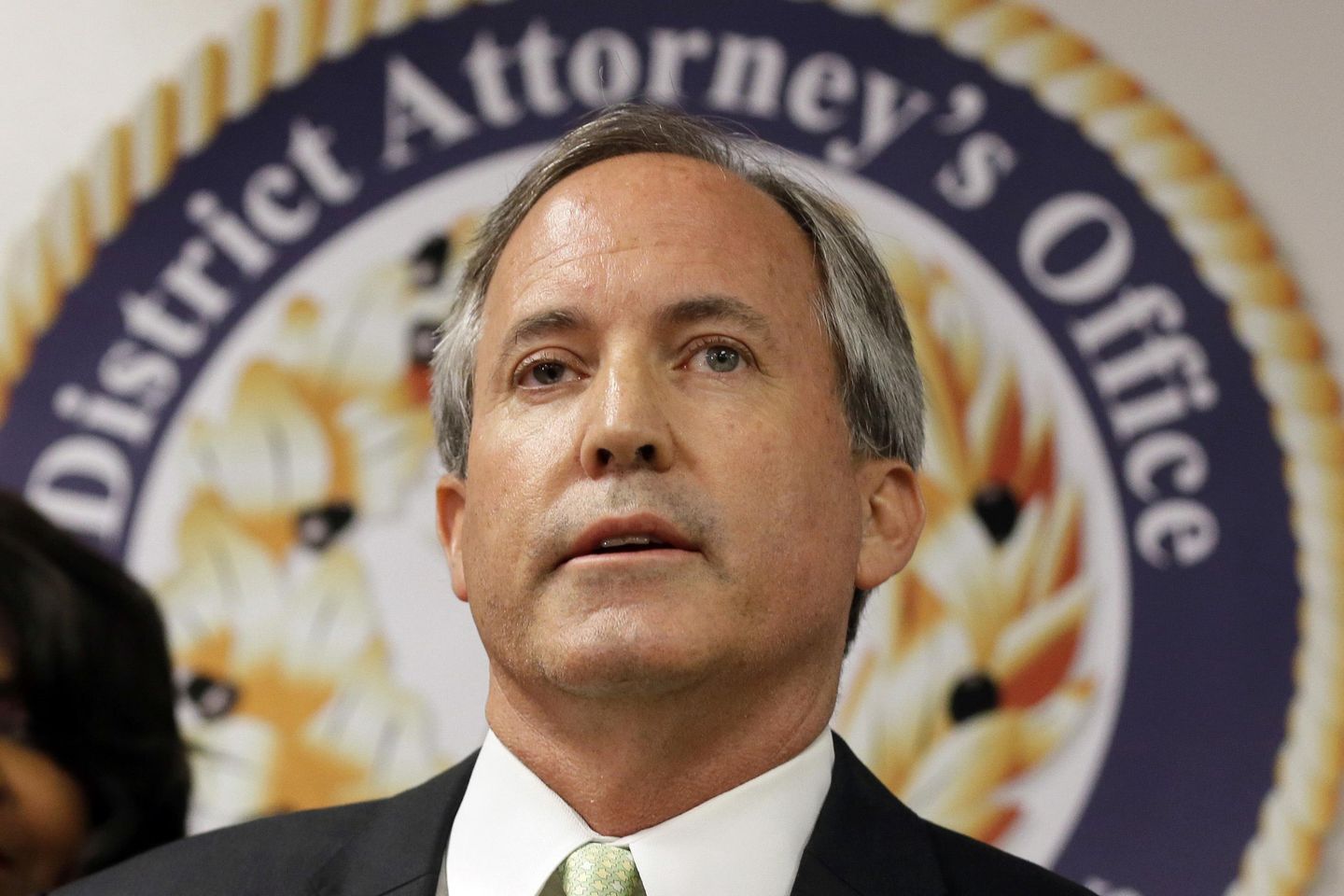
Texas will likely face difficulties in defending its age restrictions for social media, despite having won in June a Supreme Court ruling for its age verification requirements for accessing adult websites, legal experts say.
Texas’ law, known as HB 18, requires apps and websites that allow users to create profiles and interact with one another to implement measures to protect children under 18 from harmful content. One of those measures is verifying a user’s age.
The law was enacted in 2023, but a U.S. district court blocked its enforcement. The state appealed to the 5th U.S. Circuit Court of Appeals, where the litigation is pending.
Legal experts noted key differences between HB 18 and HB 1181, the Texas law requiring age verification for accessing adult websites. The Supreme Court ruled that this doesn’t infringe on adults’ constitutional rights.
Ashley Baker, executive director for the Committee for Justice, pointed out that the justices reasoned that sexually explicit websites engage in unprotected speech.
“Most online content is protected speech, and pornographic content is an exception and is considered unprotected speech for minors. The Court’s recent decision is unlikely to mean much for other laws that restrict vague categories of online content that could hypothetically cause harm to minors, such as Texas HB 18,” Ms. Baker said.
“Courts may still find that these laws violate the First Amendment. And ultimately, the least restrictive way to prevent minors from viewing harmful social media content is by parents taking control over their teens’ online activity,” she said.
Like other experts, Elliot Mincberg said the precedent for the adult website ruling is narrow and trying to apply it in the speech context with social media platforms could interfere with constitutional rights.
“This would take it a very, very important step further by broadening the subject matter of what could be regulated,” said Mr. Mincberg, senior fellow at People For the American Way. “I think this raises a lot of concerns that frankly even a conservative justice like [Clarence] Thomas might have.”
Justice Thomas, writing for the conservative majority on the high court, said a state has the authority to protect children.
“The power to require age verification is within a state’s authority to prevent children from accessing sexually explicit content,” Justice Thomas, a George H.W. Bush appointee, wrote in the majority opinion for Free Speech Coalition v. [Texas Attorney General Ken] Paxton.
Josh Blackman, a professor at South Texas College of Law, said Free Speech Coalition v. Paxton doesn’t really affect the social media case — Computer & Communications Industry Association and Netchoice v. Paxton.
“Paxton was grounded pretty closely to protecting children from pornographic material. I think the law in NetChoice sweeps far more broadly than pornography,” he said.
However, Texas’ law is not a standalone: More than a dozen states require some form of age verification to protect children using social media.
Many have been challenged in courts by Netchoice, a pro-free enterprise and expression organization, and judges have delivered mixed results.
On Thursday, the 5th U.S. Circuit Court of Appeals allowed Mississippi’s age verification for social media law to take effect. Netchoice is weighing an appeal.
“We are very disappointed in the Fifth Circuit’s decision to let Mississippi’s censorship law go into effect,” said Paul Taske, co-director of NetChoice Litigation Center. “We are considering all available options. NetChoice will continue to fight against this egregious infringement on access to fully protected speech online. Parents — not the government — should determine what is right for their families.”
The Supreme Court will hear oral arguments Free Speech Coalition v. Paxton during its upcoming term, which begins in October.








